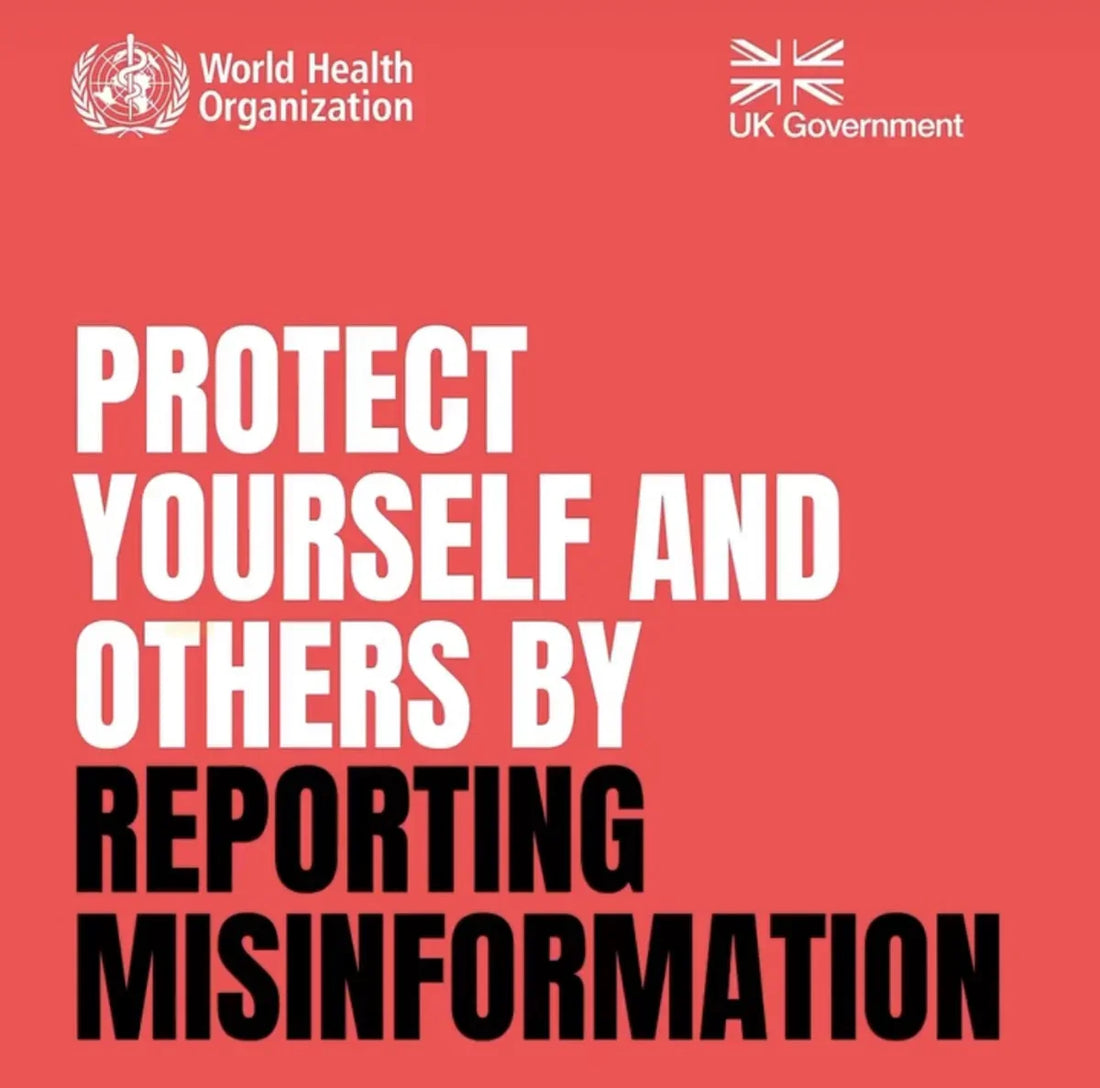
Violence against women in the United Kingdom remains a critical issue, with alarming statistics highlighting the prevalence and severity of the problem. Despite government declarations of a national emergency, tangible actions to address and mitigate this violence appear insufficient.
The Stark Reality: Statistics on Violence Against Women in the UK
Recent data underscores the gravity of violence against women:
-
Femicide Rates: Since 2009, over 2,000 women have been killed by men in the UK, averaging one murder every three days. Notably, more than 170 mothers were killed by their sons during this period, accounting for nearly 10% of these cases.
-
Domestic Abuse Prevalence: Approximately one in twelve women in England and Wales experiences violence, indicating a pervasive issue that affects a significant portion of the female population.
-
Home as a Crime Scene: A substantial 70% of femicides occur within the victim's home, often perpetrated by current or former partners, highlighting the dangers present in domestic settings.
Empowering Women: Steps to Enhance Personal Safety
While systemic change is essential, women can take certain measures to enhance their personal safety:
-
Utilize Personal Safety Apps: Innovations like Epowar, an app developed by a university student, use AI and wearable technology to detect physical distress and trigger emergency responses, offering an additional layer of security.
-
Participate in Self-Defence Training: Engaging in self-defence classes can boost confidence and equip women with skills to protect themselves in threatening situations.
-
Stay Connected: Sharing real-time location with trusted friends or family members when traveling alone can ensure swift assistance if needed.
-
Be Aware of Surroundings: Maintaining vigilance in unfamiliar or isolated areas and avoiding distractions, such as excessive phone use, can reduce vulnerability.
Government Response: Declarations vs. Actions
In the wake of high-profile cases, the UK government has acknowledged the severity of violence against women. For instance, following the tragic murder of Sarah Everard in 2021, officials emphasized the need for women to feel safe on the streets, and discussions about new protective laws ensued.
However, critiques have emerged regarding the effectiveness of these responses:
-
Disjointed Strategy: Reports indicate that the government's approach to combating violence against women lacks cohesion, with unclear financial tracking and ineffective policies hindering progress.
-
Legislative Gaps: Despite introducing the Domestic Abuse Act in 2021, which aimed to provide clearer definitions and protections, challenges persist in its implementation and the consistency of support services.
-
Minimal Impact of New Policies: Some legislative proposals, such as the Crime and Policing Bill, are projected to result in only a marginal increase in annual incarcerations, raising questions about their efficacy in addressing the root causes of violence against women.
Demanding Accountability: What Should the Government Do?
Given the declared national emergency, it is imperative for the government to move beyond rhetoric and implement actionable strategies:
-
Develop a Comprehensive, Funded Plan: A detailed strategy with allocated resources is essential to halve male violence against women, as proposed by political leaders.
-
Enhance Support Services: Investing in accessible and effective support systems for victims, including shelters, counseling, and legal assistance, is crucial.
-
Implement Preventative Education: Educational programs that address and challenge societal norms contributing to misogyny and violence should be integrated into school curricula and community initiatives.
-
Strengthen Law Enforcement Training: Ensuring that police and judicial systems are adequately trained to handle cases of violence against women with sensitivity and urgency can improve victim trust and case outcomes.
-
Monitor and Evaluate Policies: Regular assessment of the effectiveness of implemented policies, with adjustments based on empirical evidence, can lead to continuous improvement in addressing this issue.
In conclusion, while individual actions can provide immediate safety measures, the onus is on the government to fulfill its declarations of a national emergency by enacting and enforcing comprehensive policies that protect women and address the systemic issues contributing to violence. Without decisive action, the cycle of violence is likely to persist, undermining the safety and well-being of women across the UK.

